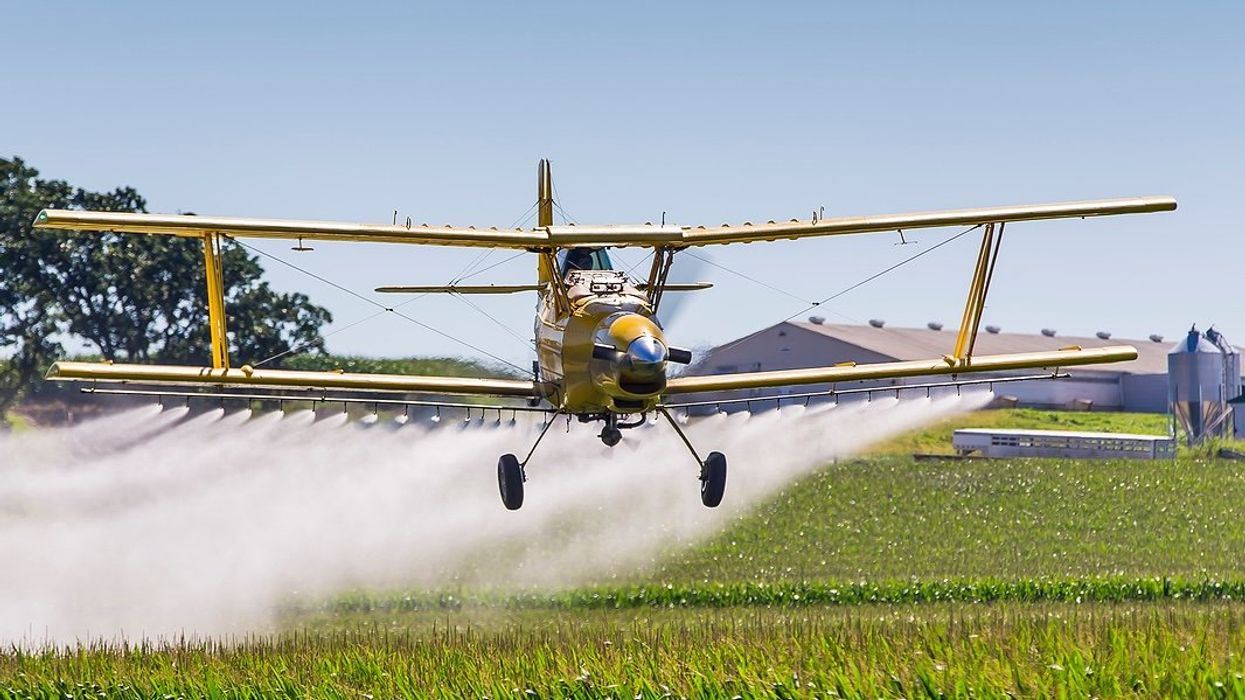A survey of U.S. beekeepers found that honey bee colonies suffered a dramatic die-off this winter, with scientists scrambling to identify the cause.
Rebecca Raney reports for U.S. Right to Know.
In short:
- Commercial beekeepers reported losing an average of 62% of their colonies from June 2024 to February 2025, totaling about 1.1 million lost colonies.
- Preliminary investigations have not identified a clear cause; researchers are analyzing samples for pathogens, pesticides, and other potential factors.
- Beekeepers warn that such losses are unsustainable, threatening both their businesses and food production that depends on pollinators.
Key quote
“If these businesses can’t stay solvent, there is no backup plan. If you like food, you need bees.”
— Danielle Downey, executive director of Project Apis m.
Why this matters:
The honeybee, a tiny yet indispensable worker in the global food system, is facing a crisis that scientists are struggling to explain. For years, beekeepers and researchers have battled a well-documented set of threats — parasitic mites, habitat destruction, and widespread pesticide use — that have led to concerning declines in bee populations. But this winter’s devastating losses, which go beyond previous die-offs, have left experts alarmed and searching for answers.
While past bee declines have often followed identifiable patterns, this year’s staggering numbers are a mystery. Some suspect that climate shifts, new disease strains, or a combination of stressors may be at play, but no single cause has emerged. If the losses continue at this scale, the consequences could extend far beyond beekeepers, threatening global food security and driving up costs for consumers.
Learn more: “Climate chaos” and bumble bee extinctions














